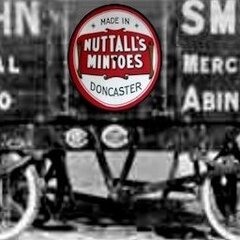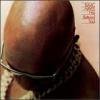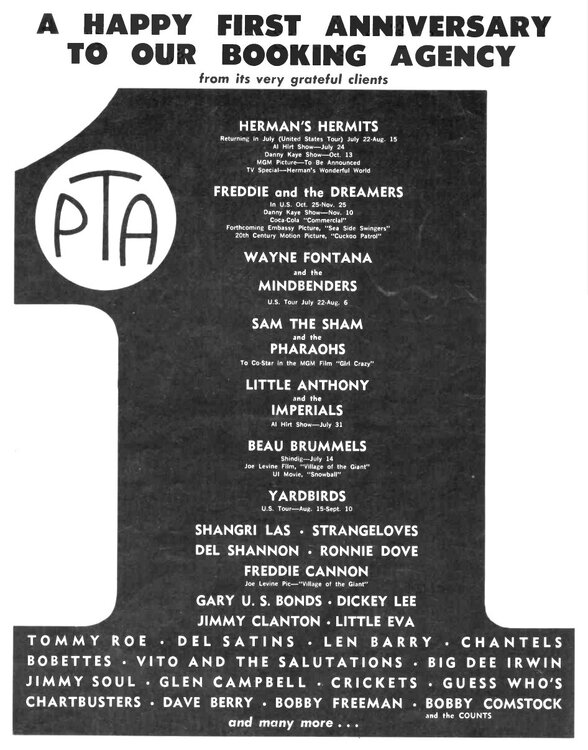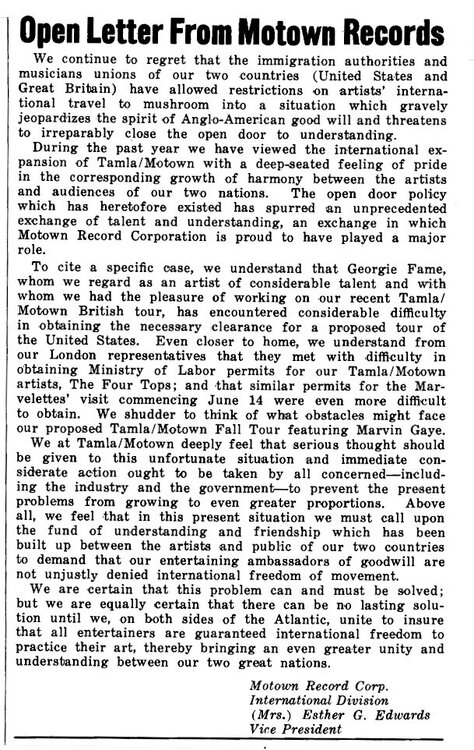- Replies 8
- Views 1.3k
- Created
- Last Reply
Most active in this topic
-
Roburt 3 posts
-
Hooker1951 2 posts
-
Mal C 1 post
-
Shinehead 1 post
Most Popular Posts
-
Lots of acts that we loved (via their live performances or their records) were immigrants into the UK. They arrived here from different countries & in different ways .... The likes of G
-
I can't help you with reading suggestions I'm afraid, but this is a very interesting subject, and the open Letter from Motown, I'd never seen that before, and of course they were a major player, so th
-
Good Post I started to watch the big acts of the day in early 1964 there was various tours over the next 3 years or so usually at the local ABC cinemas, there might be 5 or 6 acts on usually 4 Br







From the start of the R&R era right through to 1964, the US just about had things all their own way; pop music wise. It was US artists that dominated record sales right around the world. At the time, UK acts experienced very little commercial success in the US and so were no opposition to American pop / R&B acts. BUT after the Beatles broke thru in the States in December 63 & particularly after the group had been on the Ed Sullivan show, all things British became the new big thing there (music, fashion, cars, accent, films, etc.).
This caused massive problems for the US immigration service, who pressurised by the US music biz to help US singers / musicians, banned lots of UK acts from visiting the US for promotional purposes or to play live gigs. Not liking this situation, the UK government responded by banning many US acts from entering the UK. With countries all around the world now booking more & more UK acts and 45's by British acts topping the charts everywhere, US officials could see they were onto a big loser.
HOWEVER, before sense prevailed, some US music people stepped forward to back up the Brits (& so, give support to their acts who wanted to go to the UK to perform). In the end sense prevailed & a DEAL was arrived at. For each UK act allowed into the US, a US act had to be allowed to come to the UK.
This agreement worked well for UK R&B / soul fans as most insipid US pop acts were now dead in the water here. The answer for US record companies, who had UK acts on their books via licensing agreements, was to team one of their soul acts with one of their UK pop acts and thus meet the terms of the US / UK working agreement. So many American soul acts came over here to play British mod / soul clubs while acts such as the Hollies, Searchers, Gerry & the Pacemakers, Dave Clark Five went the other way.
I know it served their own ends, but it was nice to see that Motown was to the fore in trying to influence US government policy in 1965 ...